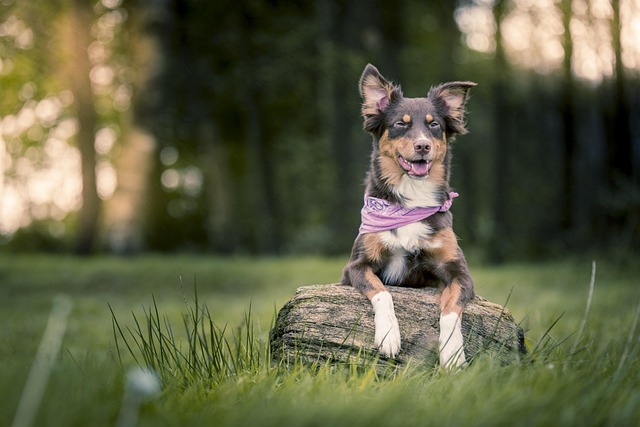
How do i train my dog to be obedient?
Watching your dog dart across the park ignoring your calls isn’t just frustrating—it can put them at risk near busy streets or public spaces.
An 8-week-old puppy’s bladder is about the size of a marble—hardly equipped to hold it for hours. That tiny body can’t yet control the urge like an adult dog, no matter how hard you try. So if you’re dreaming of a fully potty-trained furball at this age, you might be setting yourself up for frustration.
That said, you can start laying the groundwork. Puppies learn fast, especially when rewards are involved. Keep a consistent schedule: take them out first thing in the morning, after naps, meals, and playtime. In cities like Paris or New York, where many dogs live in apartments, a portable grass pad by the door can be a lifesaver for those midnight runs.
Watch for signs they need to go—sniffing, circling, or sudden restlessness. Scoop them up immediately and head outside (or to their designated spot). When they go, cheer like it’s the best thing you’ve ever seen, then offer a tiny treat. Positive reinforcement sticks better than scolding, which only confuses them.
Remember, accidents will happen. A 2-month-old puppy simply doesn’t have the muscle control or memory to hold it all day. Cleaning messes with an enzymatic cleaner is key—regular soap leaves scents that might draw them back to the same spot. In rental homes across Europe, landlords often note pet stains as a reason for withheld deposits, so prompt cleaning matters.
 Local laws might also play a role. In parts of Germany, leaving dog waste unattended in public spaces can result in fines, so getting them used to going in designated areas early helps. Even if your pup isn’t fully trained, teaching them to associate outdoor spots with potty time aligns with these rules.
Local laws might also play a role. In parts of Germany, leaving dog waste unattended in public spaces can result in fines, so getting them used to going in designated areas early helps. Even if your pup isn’t fully trained, teaching them to associate outdoor spots with potty time aligns with these rules.
Be realistic about timelines. Most puppies start getting reliable around 4-6 months old, when their bladders mature. An 8-week-old might learn to signal when they need out—maybe by pawing at the door—but full consistency? Unlikely. Think of it like teaching a toddler to use the toilet; it takes months of practice.
Patience is your best tool here. Celebrate small wins: a successful trip outside, a puppy who pauses play to let you know they need to go. And if you’re in a neighborhood with strict pet policies, like some HOA communities in the US, starting training early shows you’re a responsible owner—something neighbors and authorities will appreciate.
By 8 weeks, you’re not aiming for perfection. You’re building habits, trust, and communication. Stick with the routine, stay positive, and soon enough, that tiny puppy will grow into a dog who knows exactly where to go—no accidents required.

Watching your dog dart across the park ignoring your calls isn’t just frustrating—it can put them at risk near busy streets or public spaces.

New puppy owners often find themselves rushing to clean up accidents before they set in, and that’s where puppy pad training becomes a game-changer.

If you've noticed your dog's waistline disappearing and your veterinarian has mentioned those few extra pounds, your first instinct might be to simply reduce the amount of food in their bowl.

Training a dog to use a designated spot indoors isn’t as daunting as many new owners fear, but it does take consistency and an understanding of your pet’s needs.

That moment of dread on a walk is all too familiar for many new dog owners. You see another dog approaching down the sidewalk of your neighborhood

If the sight of another dog on your neighborhood walk makes your heart sink as your own dog erupts into a frenzy of barking and lunging, you're not alone.